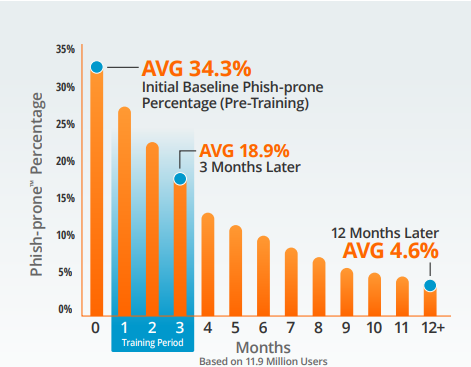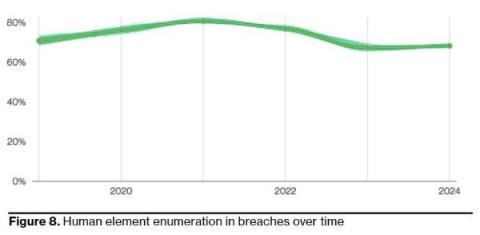91% of Every Ransomware Attack Today Includes Exfiltrating Your Data
New insight into ransomware attacks show that cyber attacks are a top concern for organizations – with many not aware they were a victim until after the attack. According to Arctic Wolf’s The State of Cybersecurity: 2024 Trends Report, 91% of reported ransomware attacks included a data exfiltration effort. This is far more than the sub-80% numbers we’ve seen from the Coveware quarterly reports we cover.











